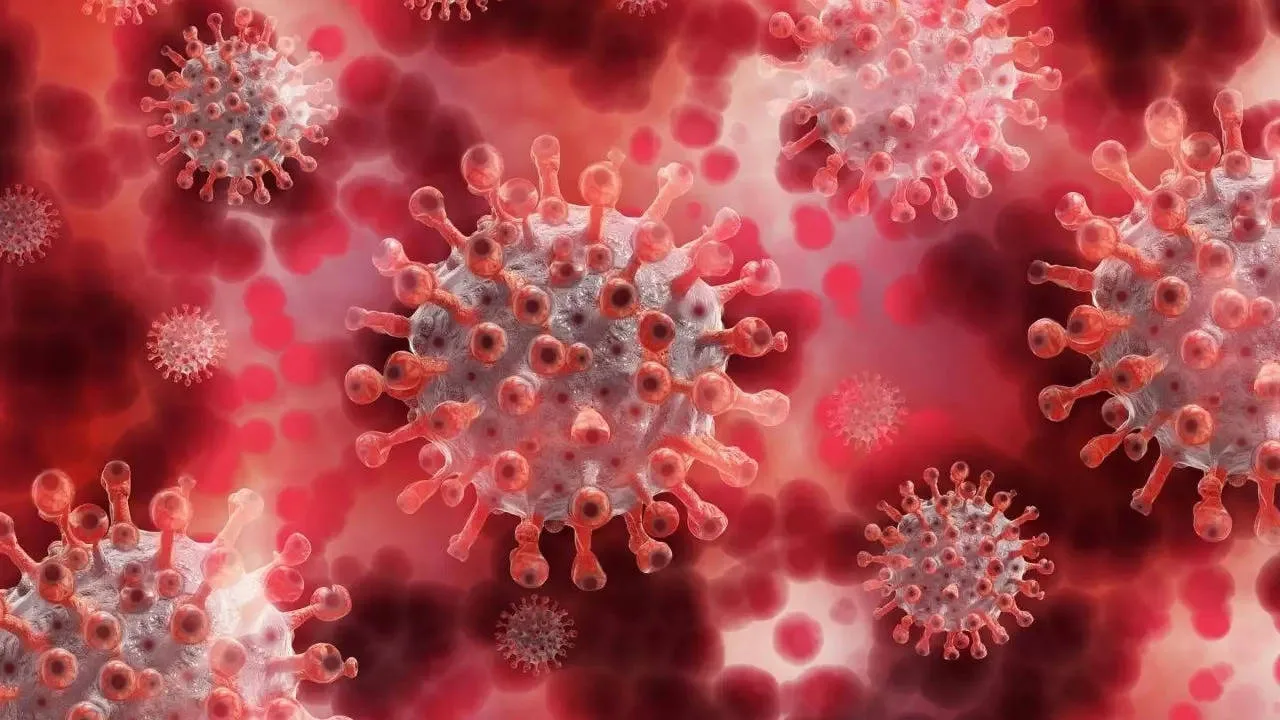Coronaviruses are a large family of viruses that can cause illnesses ranging from the common cold to more serious diseases like Severe Acute Respiratory Syndrome (SARS) and Middle East Respiratory Syndrome (MERS). The most recent addition to this family is the SARS-CoV-2 virus, which causes the disease we know as COVID-19.
First detected in late 2019 in Wuhan, China, COVID-19 rapidly spread across the globe, prompting the World Health Organization (WHO) to declare it a pandemic in March 2020. The disease quickly impacted every aspect of life, causing lockdowns, travel restrictions, and a significant strain on healthcare systems worldwide.
Symptoms and Transmission
COVID-19 primarily affects the respiratory system. Symptoms can vary from person to person, but some of the most common ones include fever, cough, tiredness, loss of taste or smell, and shortness of breath. In severe cases, the virus can lead to pneumonia, respiratory failure, and even death.
The virus spreads mainly through respiratory droplets produced when an infected person coughs, sneezes, or talks. These droplets can be inhaled by others or land on surfaces, where the virus can remain viable for a certain period. People can then become infected by touching these surfaces and then their faces.
Impact of the Pandemic
The COVID-19 pandemic has had a devastating impact on the world. Millions of people have been infected, with many sadly succumbing to the disease. Healthcare systems were overwhelmed in many countries, struggling to cope with the surge in patients.
Beyond the health crisis, the pandemic also triggered a global economic recession. Lockdowns and travel restrictions disrupted businesses and supply chains, leading to job losses and financial hardship. Social distancing measures also caused isolation and mental health concerns for many people.
Vaccination and Treatment
The development of vaccines against COVID-19 was a significant scientific achievement. These vaccines have significantly reduced the severity of the disease and hospitalization rates. Vaccination campaigns have been crucial in controlling the spread of the virus and allowing a return to some normalcy.
While there is no specific cure for COVID-19, several treatment options are available to manage symptoms and improve outcomes. These include antiviral medications, corticosteroids, and oxygen therapy for severe cases.
The Road Ahead
As of today, March 4, 2024, COVID-19 remains a global health challenge. New variants of the virus continue to emerge, and certain populations remain vulnerable to serious illness. However, with ongoing vaccination efforts, improved treatments, and a better understanding of the virus, the world is in a much better position to manage the pandemic compared to the initial outbreak.
Looking ahead, continued vigilance and research are crucial. Ensuring equitable access to vaccines and treatments worldwide remains a priority. Additionally, ongoing research into new variants and potential future outbreaks is essential for preparedness.
Living with COVID-19
Many countries have transitioned to a phase of living with COVID-19. This means integrating measures like masking and social distancing into daily routines while minimizing disruptions to daily life. Public health recommendations continue to evolve based on the latest data, and staying informed from trusted sources is vital.
The COVID-19 pandemic has been a defining moment in history. It has highlighted the importance of global cooperation, scientific advancement, and robust public health systems. As we move forward, the lessons learned from this pandemic will undoubtedly guide us in preparing for future health challenges.



